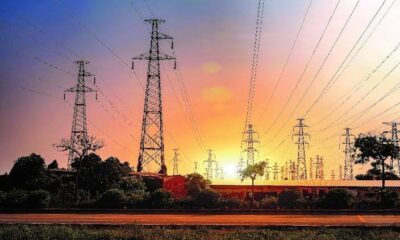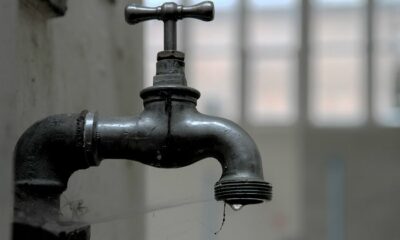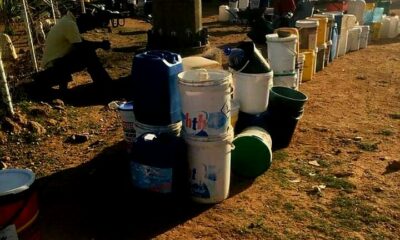Best of Johannesburg
How to Safely Store Water During Joburg’s Scheduled Outages
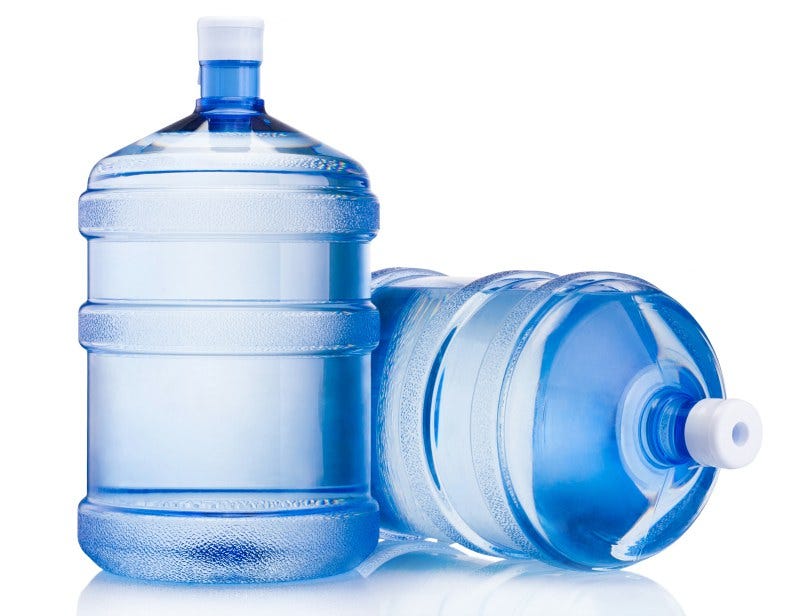
Joburg faces regular water outages due to power cuts and infrastructure challenges. Whether it’s for a scheduled outage or just to be prepared for the unexpected, storing water properly is essential. Here’s a comprehensive guide to help Joburg residents store water safely and efficiently.
1. Choose the Right Water Storage Containers
The first step in storing water is selecting the right containers. Opt for options that are clean, durable, and sealable. Below are the best choices for safe water storage:
-
Buckets and Jerrycans – Commonly available and perfect for short-term storage.
-
Collapsible Jerrycans – Space-saving when not in use, ideal for smaller homes.
-
Plastic Buckets with Taps – Make accessing water easy when needed.
-
Large Water Storage Tanks – A practical solution for long-term water storage.
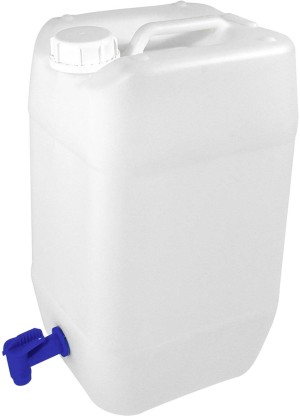
Image 1: Makro
2. Fill Containers Before the Scheduled Outage
Make sure you fill your water containers the day before the scheduled outage. Use clean tap water, as recommended by Johannesburg Water, to ensure it’s safe for drinking. This preparation allows you to check the water quality and confirm that all containers are properly sealed.
3. Proper Water Storage Practices
To maintain water quality, follow these best practices when storing water:
-
Seal and Cover – Keep containers sealed or covered to prevent contamination.
-
Store Away from Direct Sunlight – Prevent algae growth by keeping containers in shaded areas.
-
Store Water in a Cool Place – Ideal temperature range is between 10°C and 21°C.
-
Use Non-Transparent Containers – Reducing sunlight exposure helps maintain water quality.
-
Keep Away from Chemicals – Ensure containers are stored away from harmful chemicals and toxic substances.
Image 2: Accuform
4. Long-Term Water Storage Solutions
For those who want more long-term solutions, here are options that can provide a reliable water supply in Joburg:
-
Rainwater Harvesting – Install a rainwater system to collect and store rainwater for later use.
-
Boreholes or Wells – If permitted in your area, boreholes and wells offer independent water sources, though they require installation and regulatory approval.
5. Track and Replace Stored Water
Label your containers with the date they were filled and mark them as “Drinking Water”. Even if the water hasn’t been used, replace it every six months to ensure it remains safe to drink.
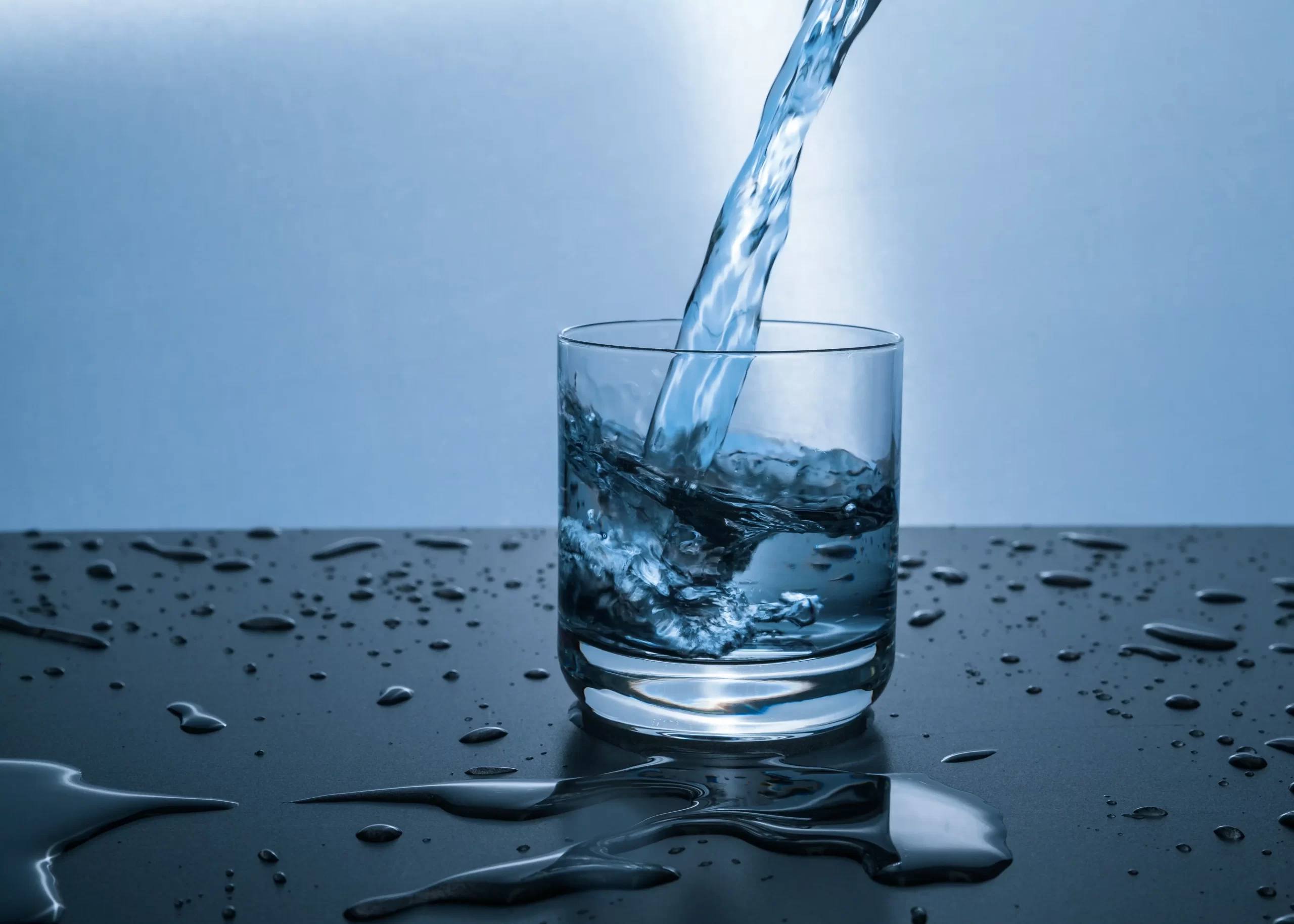
Image 3: H2O Global News
Stay Informed with Johannesburg Water Updates
Keep an eye on Johannesburg Water for updates on scheduled outages, water tank availability, and tips for preparing for water shortages. Always stay informed about alternative water distribution points if your area is heavily impacted.
Storing water for Joburg’s scheduled outages doesn’t need to be complicated. With the right containers, proper storage techniques, and long-term solutions like rainwater harvesting, you can ensure a steady supply of clean water for your home. By following these tips, you can be confident that you’re prepared for any water outage.
Also read – https://www.joburgetc.com/johannesburg/joburg-water-outage-preparation-guide/
Follow Joburg ETC on Facebook, Twitter , TikTok and Instagram
For more News in Johannesburg, visit joburgetc.com
Source: Joburg ETC
Featured Image: Penguin Tank – Medium

